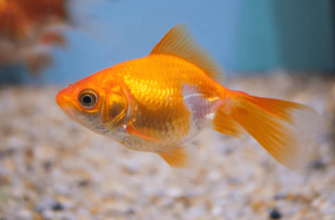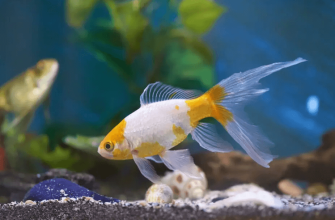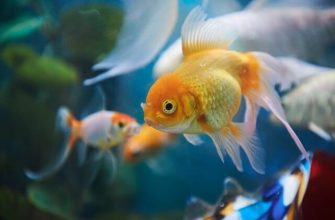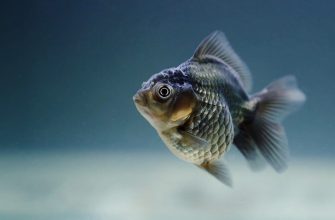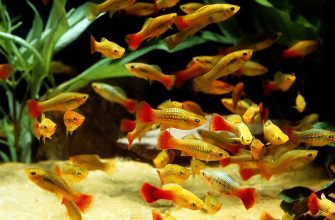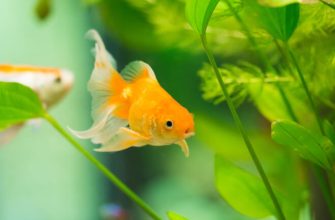Goldfish are one of the most popular pet fish, with their vibrant colors and peaceful nature. But how much do we really know about what’s going on in a goldfish’s world? Can these fish actually hear sounds and noises around them? Despite their reputation for having a 3-second memory, goldfish are fascinating creatures. Understanding their sensory abilities can help us better care for them as pets.
In this article, we’ll explore the surprising hearing abilities of goldfish. We’ll look at their anatomy, hearing range, forms of communication, and how to potentially improve their hearing health. You may be amazed at what goldfish can pick up with their tiny inner ears. Let’s dive in to the underwater acoustics of a goldfish’s world!
Goldfish Anatomy
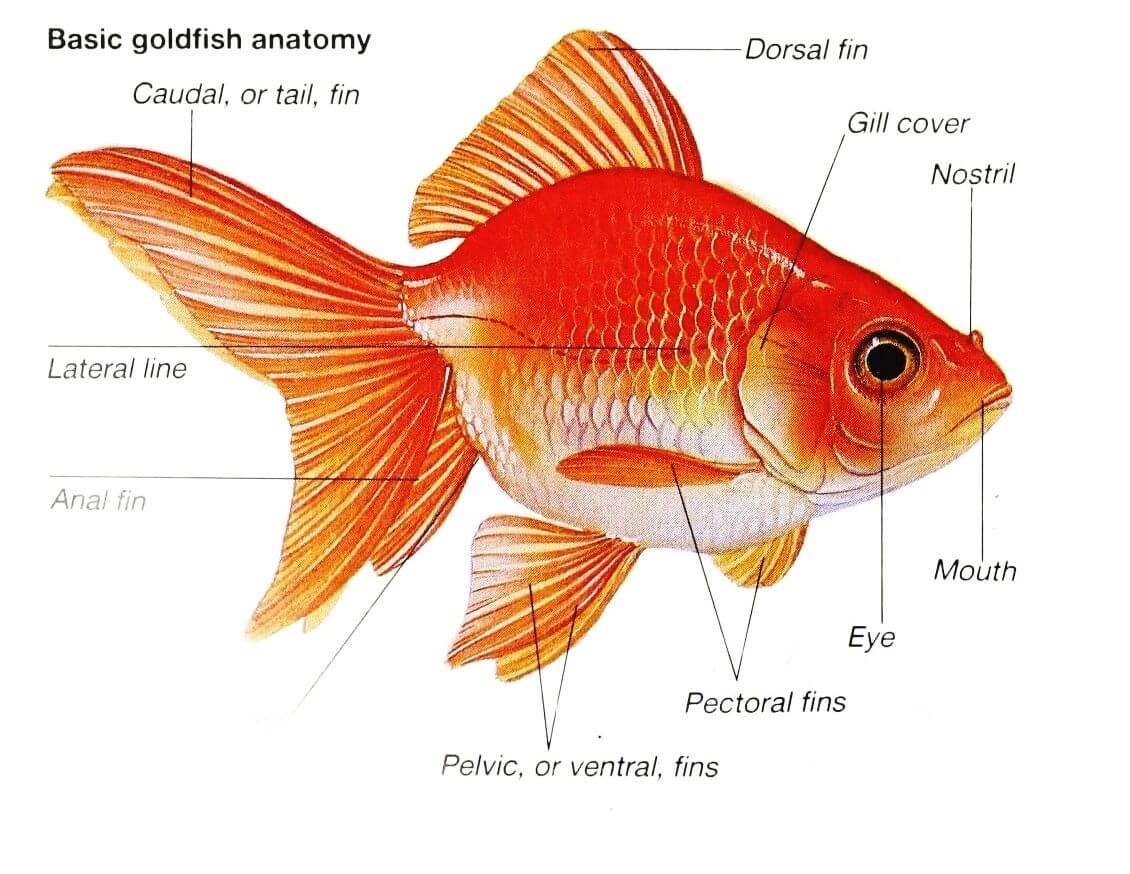
Goldfish have specialized sensory organs called neuromasts that allow them to detect vibrations and changes in water pressure. These neuromasts contain hair cells that convert mechanical stimuli into electrical signals that are sent to the brain.
The inner ear of a goldfish contains three semicircular canals and three otolith organs – the saccule, utricle, and lagena. The semicircular canals detect rotational movements, while the otolith organs sense linear accelerations and head position relative to gravity. Each otolith organ contains a dense calcium carbonate structure called an otolith that overlies a sensory epithelium. When the fish changes position, the inertia of the otolith causes it to move relative to the epithelium, stimulating the underlying hair cells.
The utricle and saccule contain maculae – specialized regions densely packed with hair cells and supporting cells. The orientation of the hair cells gives each macula its sensitivity vector. The utricular macula detects horizontal head motions, while the saccular macula senses vertical accelerations.
In summary, goldfish have specialized sensory structures and cell types that allow them to detect sound, movement, and orientation in water. The conversion of mechanical energy into neural signals enables goldfish to have acute underwater hearing and balance.
How Goldfish Hear
Sound travels much faster through water than air. When sound waves hit an object like a goldfish, it causes vibrations. These vibrations travel through the water and to the goldfish’s body. The sound waves cause vibrations in the goldfish’s gas-filled swim bladder, which amplifies the sound before it reaches the inner ear.
The inner ear contains small bones called otoliths that detect motion and convert it to nerve impulses that travel to the brain. This allows the goldfish to interpret the vibrations as sound. The structure of the inner ear gives goldfish the ability to detect sound direction and intensity.
Goldfish Hearing Range
Goldfish can detect sounds from 20 Hz to over 3000 Hz, with peak sensitivity between 300-1000 Hz. This means goldfish hear lower frequency sounds compared to humans, who hear optimally from 2000-5000 Hz. However, goldfish have excellent tone discrimination ability and can distinguish tone differences as small as 3.5 Hz at 50 Hz.
Their hearing range allows goldfish to detect the vibrations and sounds in their aquatic environment. Goldfish are especially sensitive to noises from feeding, predators, and social communication.
Goldfish Communication

Goldfish rely on their sense of hearing to communicate and interact with each other. They are a social species that forms schools and use various auditory signals to connect within the school.
One way goldfish communicate is through releasing bubbles from their gills, which creates ripples and currents in the water. They can detect these tiny ripples traveling through the water, alerting them to nearby movements and activity. This allows them to locate each other and school together as a defensive strategy against predators.
Goldfish also produce low frequency sounds described as “squeaks” and “clicks” to signal distress or get the attention of other fish. Their excellent hearing helps them pick up on these auditory cues to gather information about their environment and interact. Overall, hearing is critical for goldfish social behavior and communication within their schools.
Training Goldfish with Sound
Goldfish can be conditioned to respond to certain sounds through training. A study conducted by Jonathan Lovell at Plymouth University found that goldfish can be trained to swim towards a particular sound when they associate it with being fed.
In the study, a group of goldfish were trained to swim to one side of their tank when they heard a bell ring. Initially, the bell would ring and then the fish would be fed on that side of the tank. Over time, the fish associated the bell ring with feeding time and would swim to that area in anticipation of food when they heard the bell, even if no food was present.
This demonstrates that goldfish have the capacity for basic associative learning. The sound of the bell became a conditioned stimulus that prompted a feeding response in the fish. With regular training sessions, goldfish start to link certain sounds with events like feeding.
Other examples of audio conditioning include training goldfish to swim to the surface at the sound of a whistle or training them to swim through hoops when music plays. Consistent pairing of an audio cue with a reward or event can shape goldfish behavior over time. So goldfish do have the ability to be trained using sounds, despite their relatively simple brains.
Impact of Hearing Loss
Hearing loss can significantly impact goldfish. As social animals that rely on sound for communication and environmental awareness, losing hearing can isolate goldfish and make them more vulnerable to danger.
Hearing loss prevents goldfish from detecting predators or other environmental threats through sound cues. They may not hear alarms or noises that signal danger. This makes them more susceptible to being startled, stressed or attacked.
Impaired hearing also hinders goldfish from locating food sources, recognizing owners/caretakers, and interacting with other fish. Vital social connections and survival behaviors depend on sound detection. With limited ability to hear, goldfish can become detached and show signs of lethargy or decreased responsiveness.
Prolonged or complete hearing loss often leads to a diminished quality of life. Goldfish may stop exhibiting natural behaviors and have trouble navigating their environment. Significant hearing damage can be irreversible and eventually fatal if the fish cannot adequately adapt. Protecting goldfish hearing is critical to their health and wellbeing.
Improving Goldfish Hearing
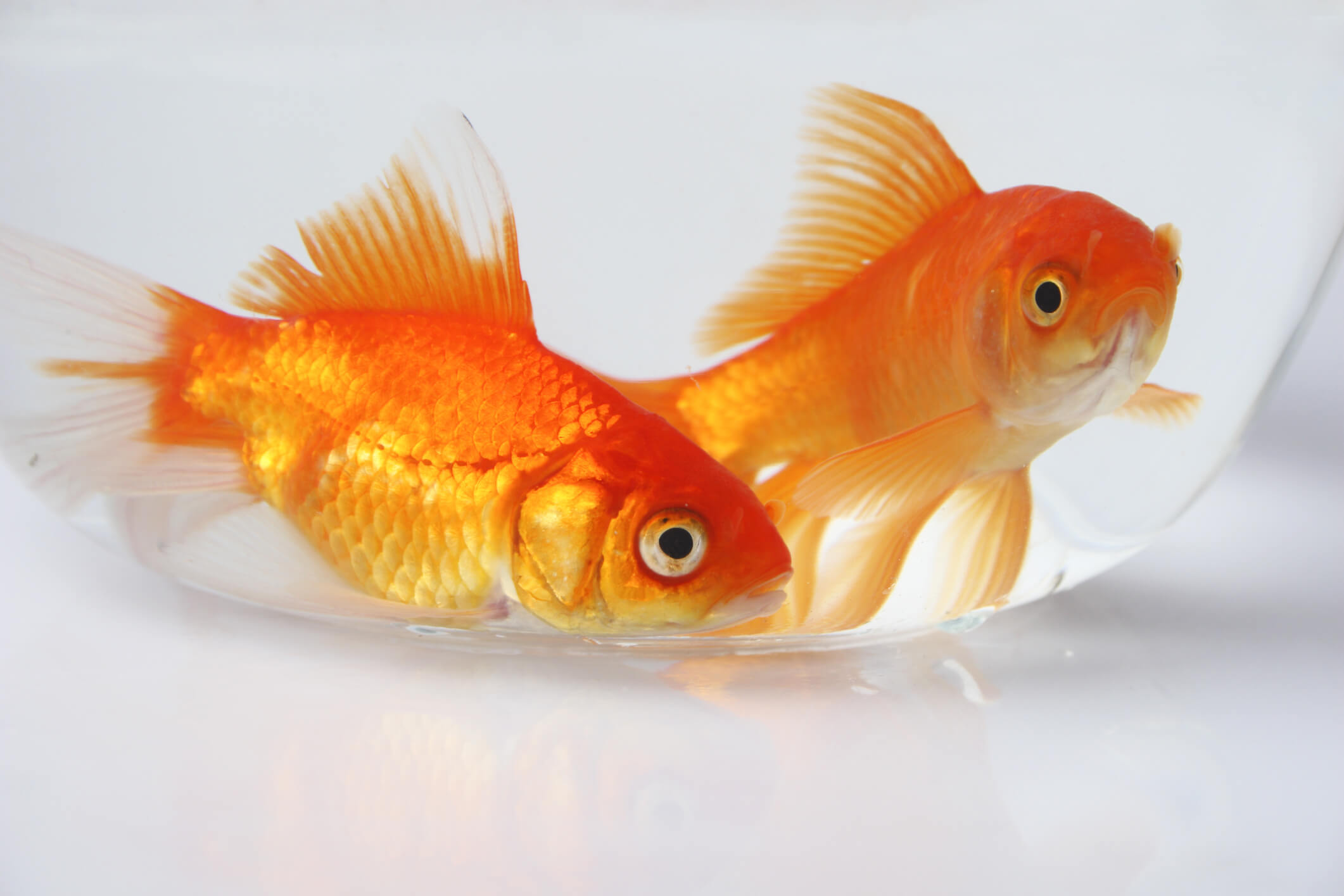
There are a few things you can do to improve your goldfish’s hearing and auditory enrichment in their environment:
-
Add plants and decorations. Having more objects and textures in the tank can help reflect sound and make noises more perceptible to goldfish.
-
Consider the tank setup. A wider tank can disperse sound better than a tall, narrow one. Positioning the tank away from loud noises or vibrations may also help.
-
Play soothing music or nature sounds. There is evidence that auditory enrichment with gentle background music can reduce stress and improve behavior in fish like zebrafish. Try using a speaker to play soft, calming music or nature recordings near your goldfish tank.
-
Interact with your goldfish. Simple games like tapping on the glass or moving a toy around can provide auditory stimulation. Just be careful not to startle them with loud noises.
-
Check water flow. Strong filter currents or air pumps that generate a loud hum can make it harder for goldfish to detect other sounds. Adjust flow rates if needed.
-
Test hearing ability. Observe how your goldfish react to sounds and noises to get a sense of their hearing range. Consult an aquarium specialist if you suspect hearing loss.
With some small tweaks to their environment and interaction, you can help enhance your goldfish’s hearing for better health and enrichment. Just be sure not to overwhelm them with too much noise pollution.
Hearing Differences in Fancy Goldfish
Fancy goldfish breeds, such as Orandas, Ryukins, and Fantails, tend to have poorer hearing compared to common goldfish varieties. This is due to their physical characteristics and anatomy.
Common goldfish have streamlined bodies that allow sound waves to travel efficiently to their inner ear structure. In contrast, fancy goldfish have rounded, bulbous heads and compressed bodies. This can dampen and muffle sounds before they reach the inner ear.
Additionally, fancy goldfish tend to have smaller, underdeveloped inner ears compared to common goldfish. Their pectoral fins are also often missing or fused together, which interferes with the lateral line sound detection system. As a result, fancy varieties are more prone to hearing loss and may not respond as well to audio stimuli.
Despite these challenges, fancy goldfish can still detect sounds and vibrations to some degree through their inner ear and lateral line. However, their hearing is diminished compared to common goldfish. Owners should be mindful of potential hearing issues when keeping fancy breeds. Providing visual cues along with audio stimuli can help overcome partial hearing limitations.
Conclusion
Goldfish have a keen sense of hearing that helps them survive and thrive in their environment. Though they don’t have outer ears, they have inner ears that allow them to detect sounds and vibrations in the water. Their weberian apparatus connects their swim bladder to their inner ear, enabling excellent transmission of sound waves.
Goldfish can hear a wide range of frequencies, from as low as 20 Hz up to 3,000 Hz. This allows them to hear prey moving in the water, predators approaching, and sounds from their owners. Their hearing is very sensitive at the higher end of their range, which is important for detecting food and socializing with other fish.
While goldfish don’t vocalize like humans, they do have ways of communicating through body language, fin movements, and release of chemicals. Owners can even train their goldfish to recognize certain sounds that signal feeding time or other events. Though fancy goldfish have anatomical changes that may impact their hearing slightly, most goldfish can hear quite well throughout their lifetime if cared for properly.
So in summary, goldfish definitely have the ability to hear and this sense facilitates their survival in the wild and interaction with humans in captivity. Their hearing capabilities may differ slightly from species to species, but sound and vibration detection remains an integral part of the goldfish sensory experience.

